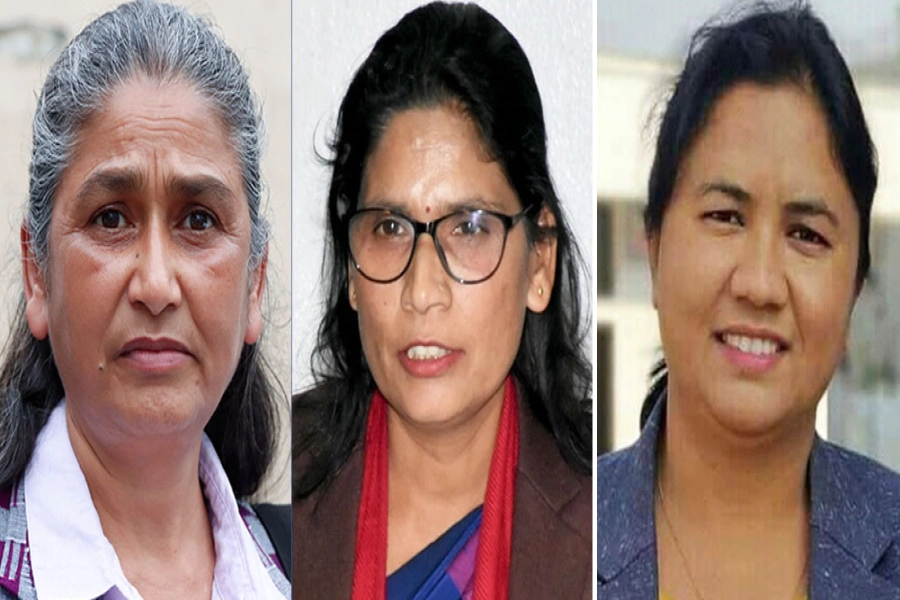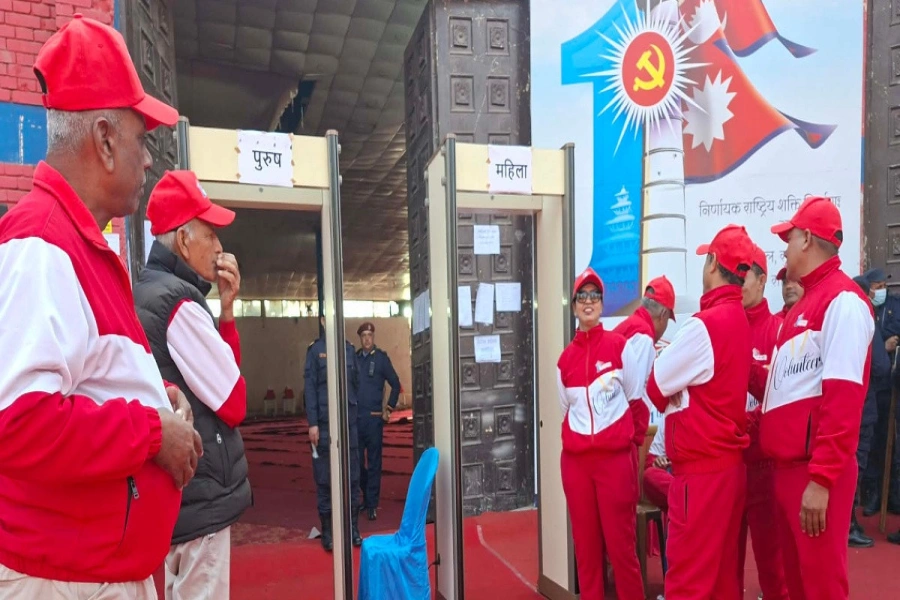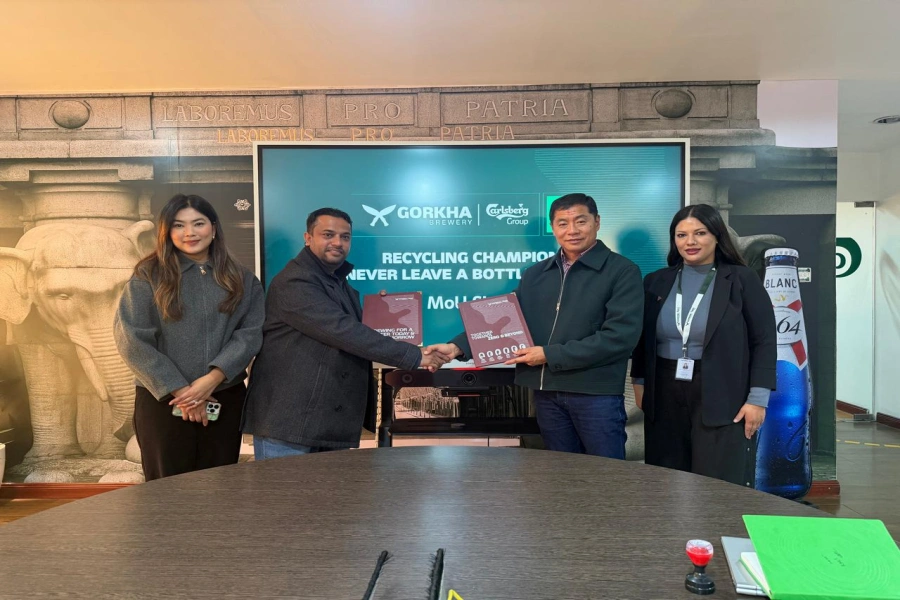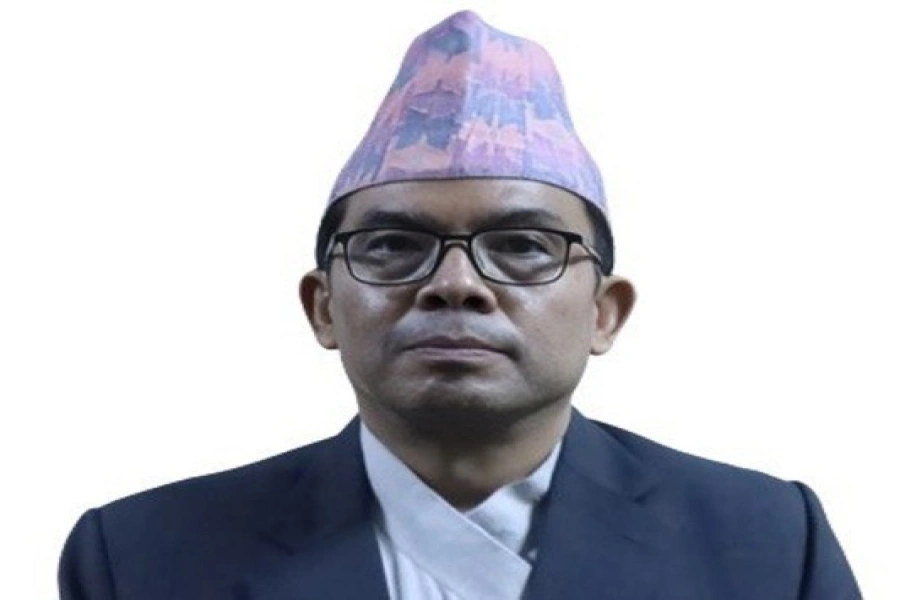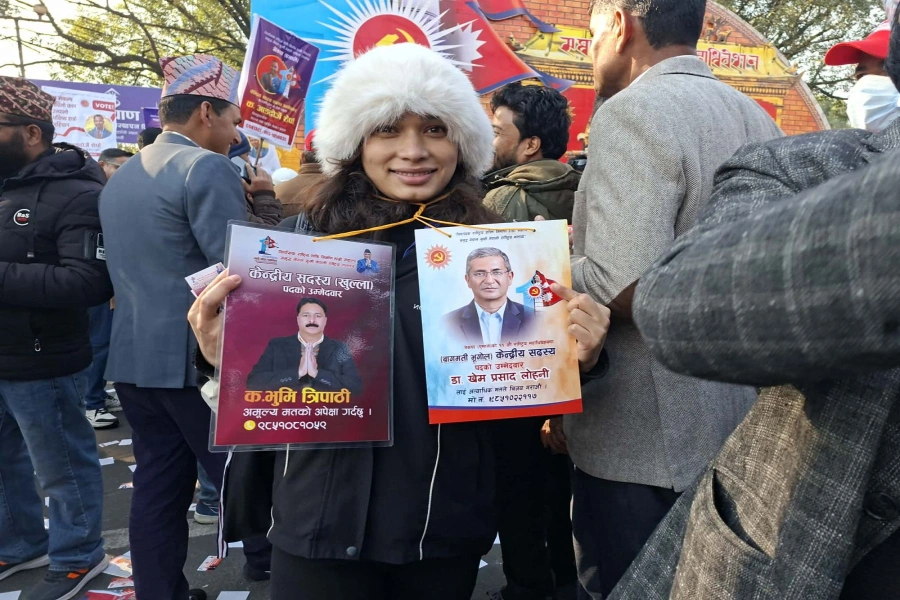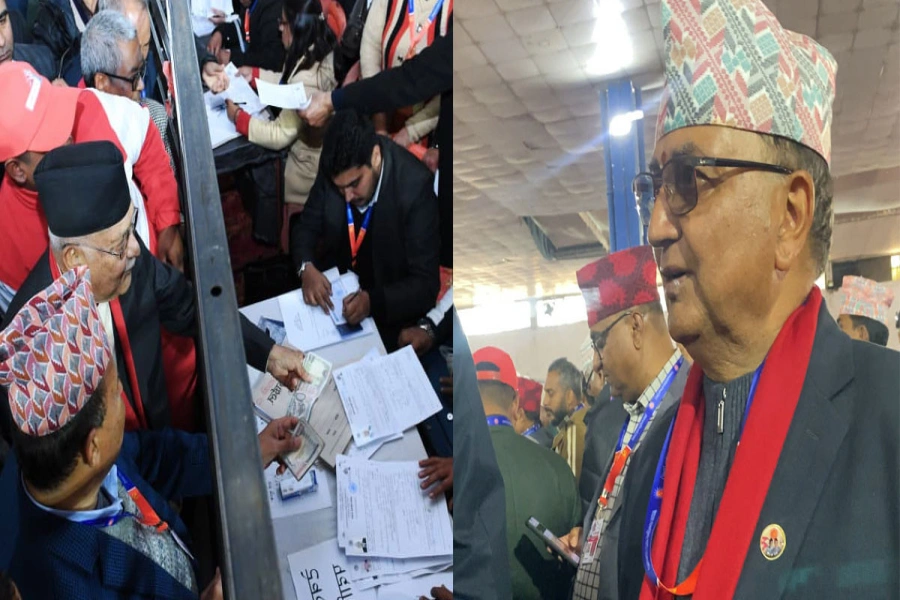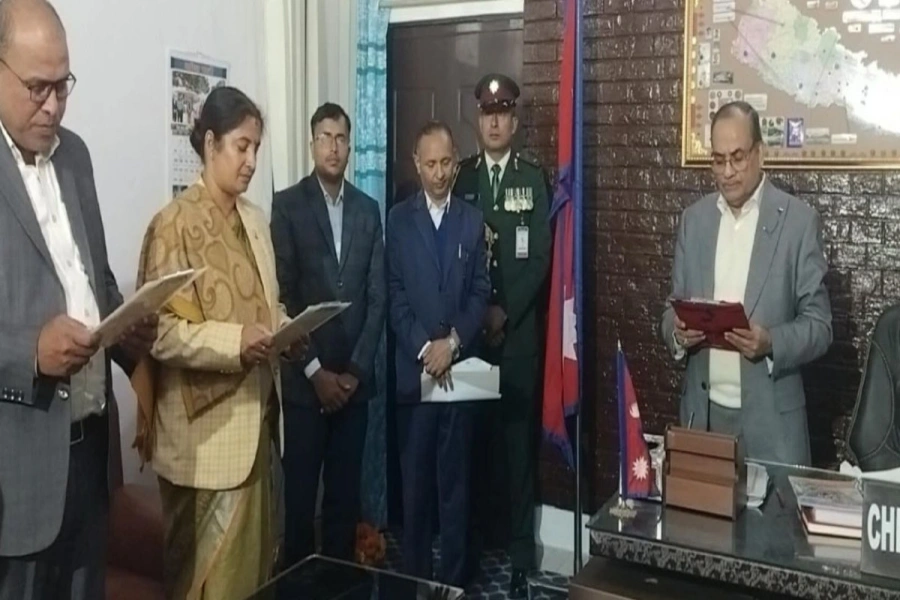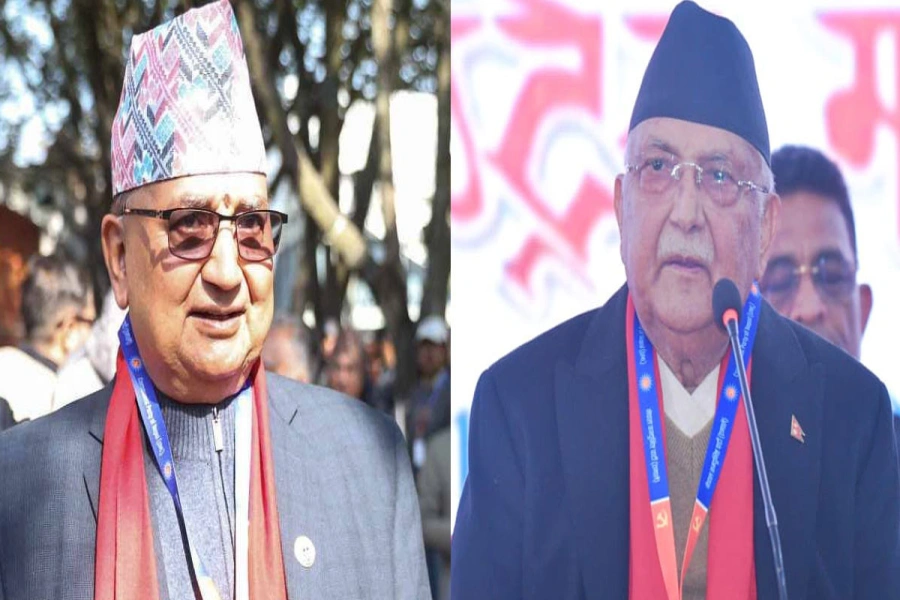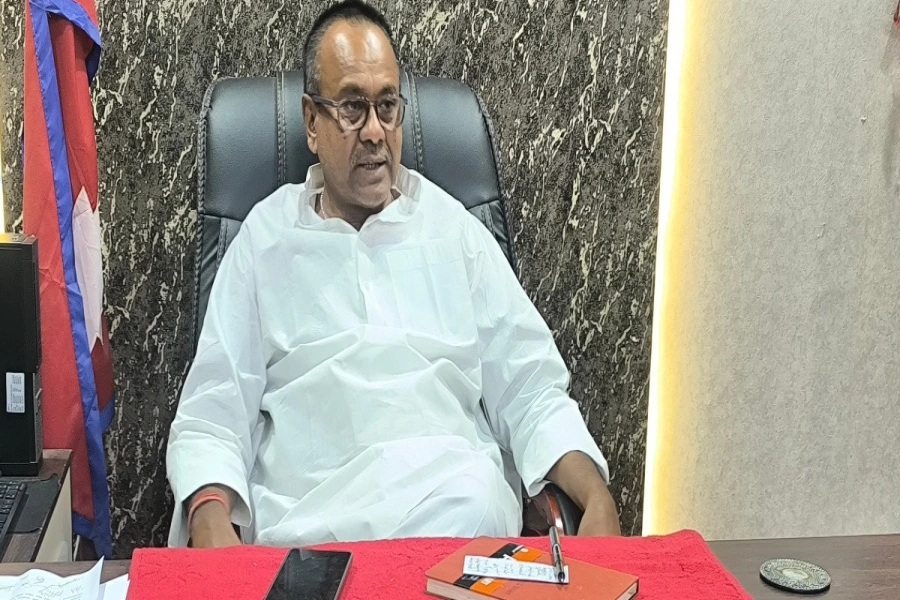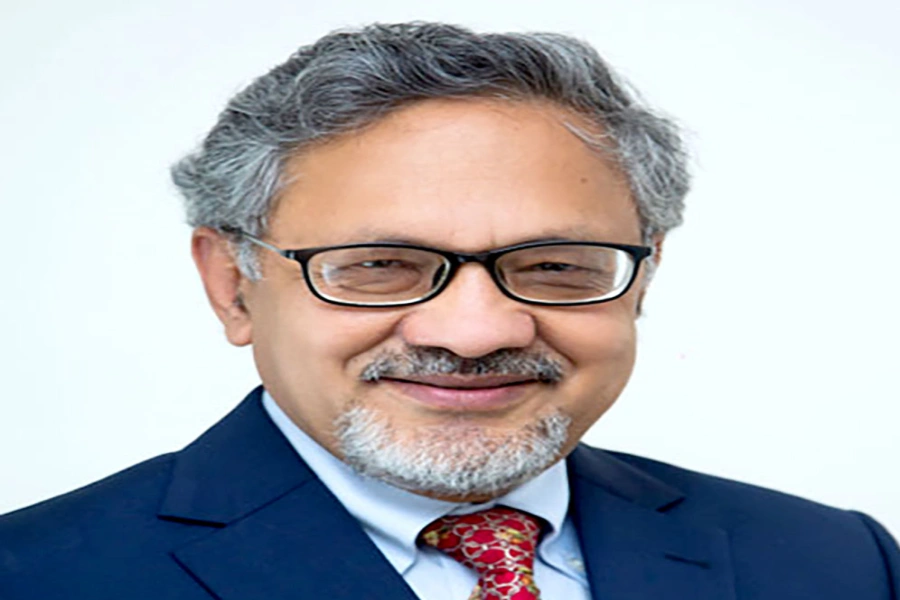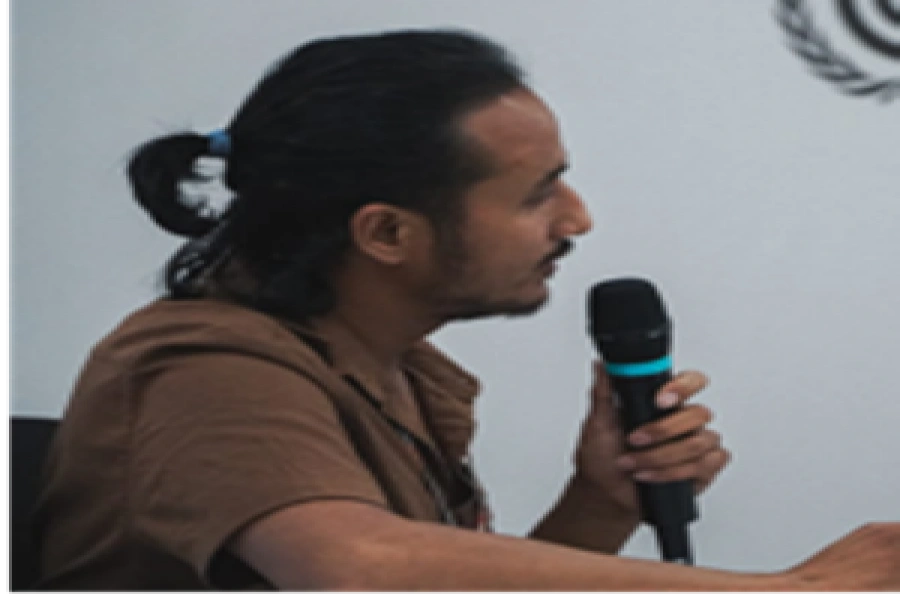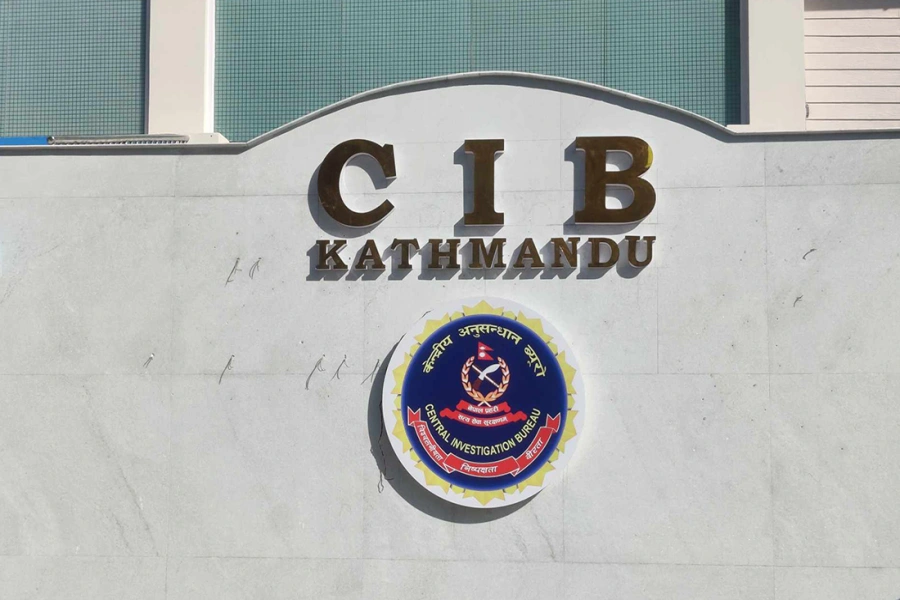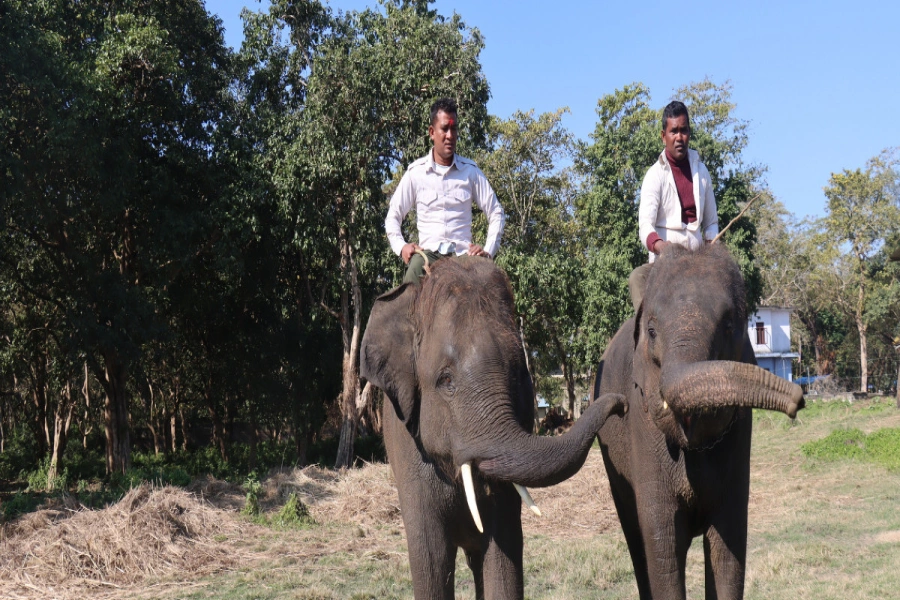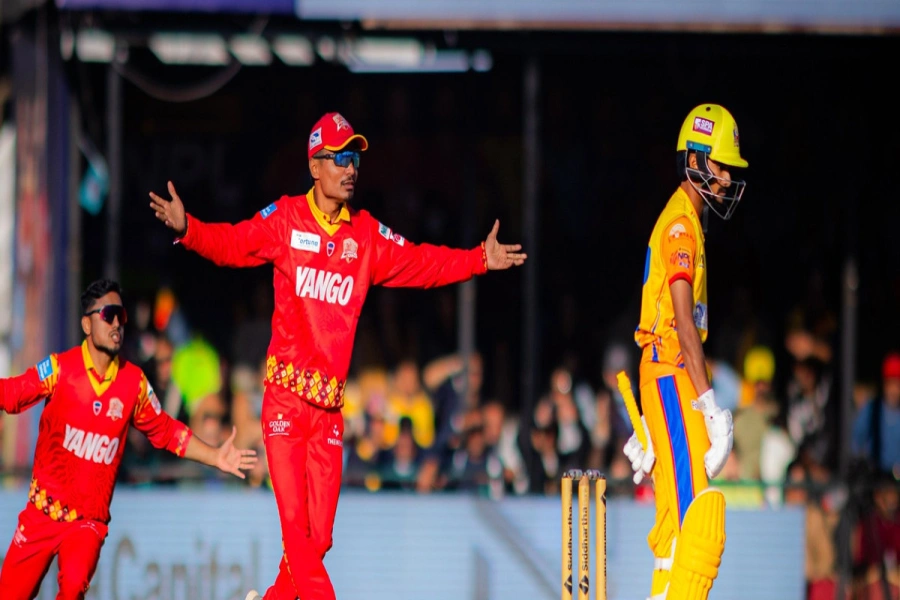The opposition parties’ demand to have an independent commission – parliamentary or judiciary – to investigate the smuggling of nearly one quintal of gold from the airport has raised a fundamental problem that needs to be resolved in the anti-corruption drive in Nepal, that is, who is responsible for controlling corruption in Nepal? Is it the government or a separate agency like the Commission for the Investigation of Abuse of Authority (CIAA)? Even when we agree that to be the government’s responsibility, is it the responsibility of the Home Ministry or the Finance Ministry? The opposition party’s call for resignation of the Home Minister and the Finance Minister implies an establishment of an independent investigation commission.
Two Strands of Theory
There are two strands of theory on this. First, since most of the corruption takes place within the government administration and it is the government who knows where the shoe pinches; therefore, the responsibility to combat corruption is with the government. In our case, the prime minister should be made responsible for combating corruption. Probably, this factor must have guided the then PM, K. P. Sharma Oli when he brought three agencies related to fighting corruption, namely, the Department of Anti-money Laundering and the Department of Revenue Investigation (which were under the Ministry of Finance) and the Central Investigation Bureau (which was under the Ministry of Home Affairs) under the control of the Prime Minister’s Office (PMO). Definitely, finance and home ministries are also under the control of the government but the PM can exercise authority only through the respective ministers. CPN-UML’s demand to have an independent commission to investigate gold smuggling scam has, literally, boomeranged the party’s decision to bring three anti-corruption agencies within the folds of the PMO.
I will not tolerate questions about the party’s legitimacy: Cha...

The second strand of thought is that no government in the world, howsoever accountable to the public, will ever be interested in investigating corruption that is taking place within the government. It is because such investigation, especially of grand corruption, will lead to toppling of the very government. No government will be interested in performing hara-kiri or suicidal moves. If the government ever undertakes anti-corruption measures, it will be in controlling petty corruption, that too, as a window-dressing measure to win public minds and hearts. Those of us who believe in this strand of theory suggest establishing a separate agency like the CIAA, in our case. One may question the independence of the CIAA, that is a different issue but constitutionally speaking the CIAA is an independent agency established to fight corruption. No public can file corruption charges in the court without first knocking the doors of the CIAA.
Hybrid System
Nepal’s anti-corruption history has bestowed a hybrid system of fighting corruption, that is, we have created two distinct agencies to fight corruption. We have an independent agency like the CIAA as well as agencies like National Vigilance Center, DRI, CBI and DAMLI and Hello Sarkar established within the government to fight corruption.
During dark days of Panchayat, the Special Police Department was formed within the Ministry of Home (later re-christened as National Vigilance Centre) to fight petty corruption while the Royal Palace had Janch-buj Kendra – an all-powerful body to fight grand corruptions. Later in 1975, after the second amendment in the Panchayati constitution, CPAA was introduced with a sweeping power to investigate, prosecute and adjudicate corruption crimes. The body itself came into existence in 1977 and with the lone case that goes by “Carpet Scandal”, nothing literally happened with the CPAA. CPAA was renamed as present day CIAA after restoration of democracy in 1990. Clearly, the monarchy was using double-edged anti-corruption to tame and discipline political opponents and supporters.
This bifurcation of anti-corruption activities (controlling petty corruption is at the realm of the government while grand corruption to be dealt by the CIAA) is reflected even in present days of republic. Without resolving this bifurcation of anti-corruption function, there is pointless debate on fighting corruption in Nepal.
Fusions and confusions
The smuggling of 100 Kg of gold was nabbed at the gate of the Department of Customs by the police and not within the customs department. Had it been detected by the Department of Customs, it would have been the matter of the Ministry of Finance. As the issue was nabbed by the police, it is within the jurisdiction of the Home Ministry. This is an issue of trade in contraband items, involving revenue leakages; the CIAA – the anti-graft agency is, literally, keeping quiet, it has nothing to do with the issue. One can detect a similarity with the fake Bhutanese refugee scandal. The issue is more of human trafficking and state treason than an issue of corruption at a grandest scale. The CPN-UML’s demand for an independent investigation commission on gold smuggling is triggered by the fact that it cannot trust government agencies – that are under the control of the Prime Minister – to have an impartial investigation of the crime. In the past, we do have experience of forming this and that investigation commission, particularly, with aircraft procurement and lease by the Nepal Airlines Corporation (NAC), which were primarily meant to buy time and shut the mouths of the opposition rather than producing something concrete.
Even if the government agrees to form an investigation commission, there is still an issue related to its mandate, membership and composition. By the time these issues are resolved, the smugglers will be having their field day in safe havens.



